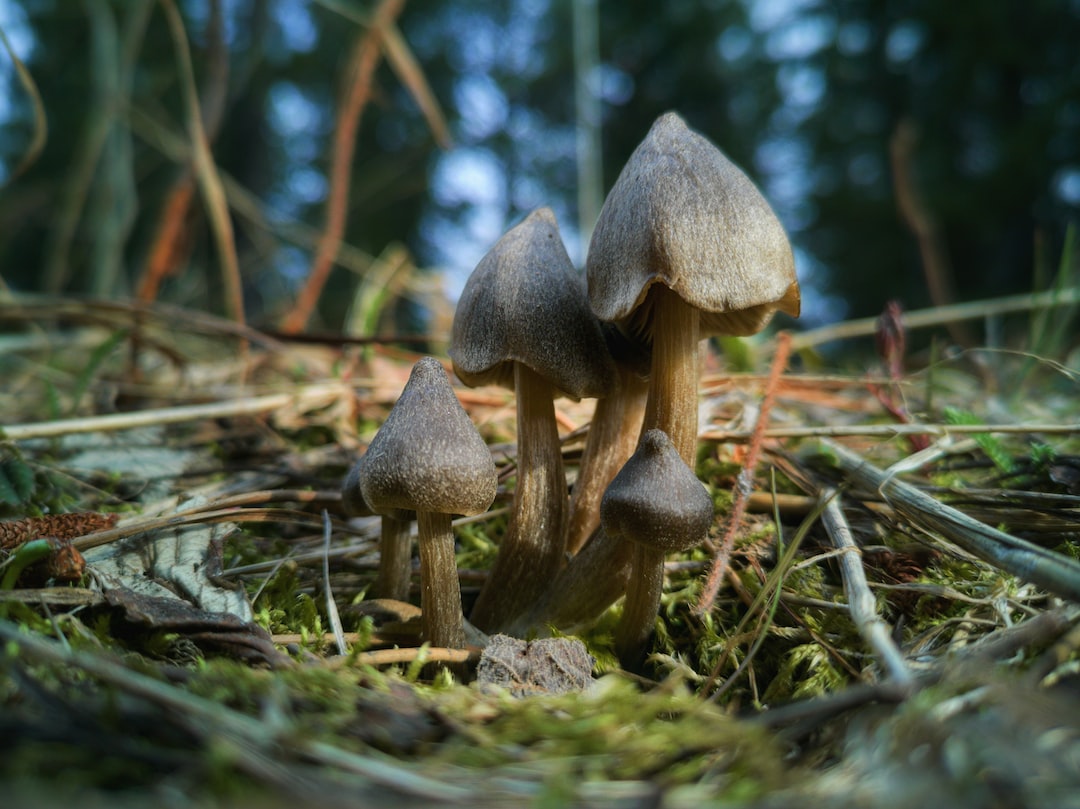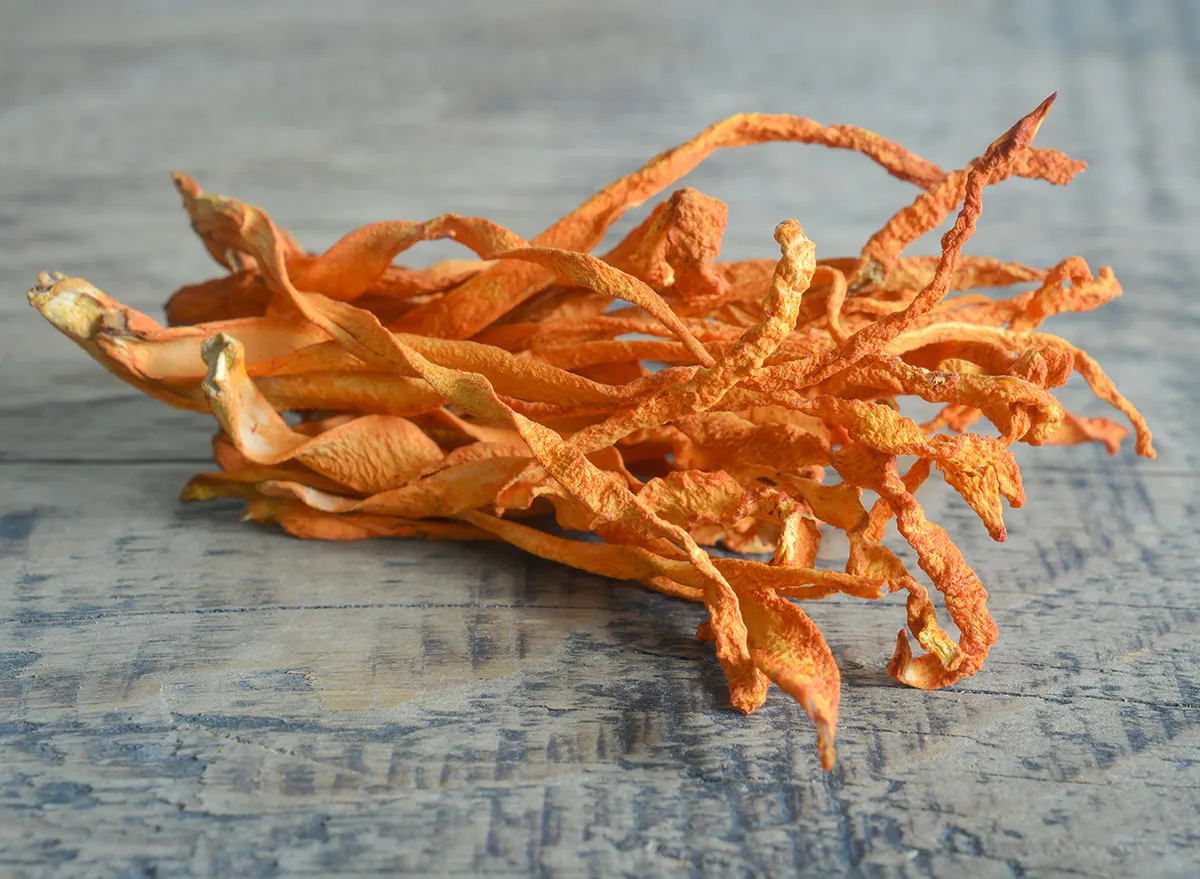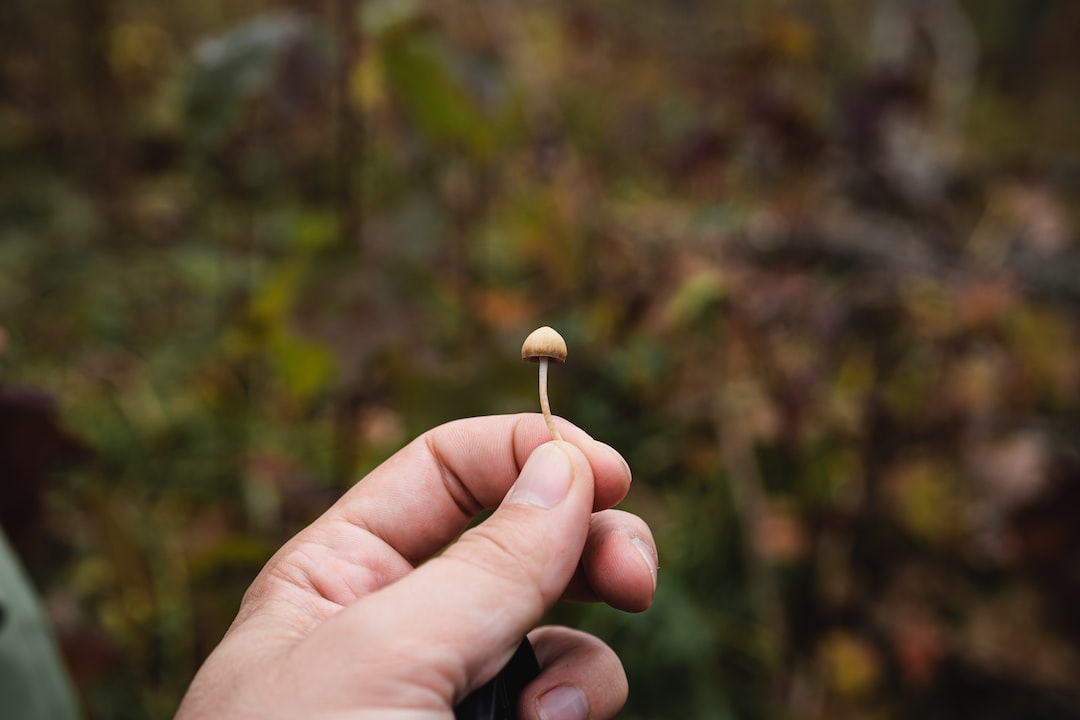Overview of Cordyceps Mushrooms and Their Nutritional Composition
Cordyceps mushrooms, esteemed for centuries in traditional Chinese medicine, boast an impressive nutritional profile. They are rich in amino acids, vitamins, polysaccharides, and nucleosides. These nutrients bestow cordyceps with potential benefits like enhancing athletic performance, bolstering heart health, managing diabetes, reducing inflammation, and exhibiting possible anti-tumor effects [1, 2, 4].
However, like all supplements, cordyceps come with potential risks, such as lead poisoning [1, 3]. They are not recommended for certain groups, including those with autoimmune diseases, pregnant or breastfeeding women, and children [1, 3]. Despite these cautions, cordyceps supplements are readily available in various forms like capsules, powders, extracts, teas, and tinctures.
Health Benefits of Supplementing with Cordyceps Mushrooms
Cordyceps mushrooms could potentially improve athletic performance by enhancing blood flow and oxygen utilization. This benefit is particularly significant for endurance athletes. In terms of heart health, cordyceps may improve blood lipid levels and treat arrhythmia. For individuals managing diabetes, cordyceps mushrooms could decrease blood sugar levels and protect against nerve damage.
Emerging research also suggests potential anti-inflammatory, anti-aging, and anti-tumor effects, thanks to the mushroom’s antioxidant properties [1, 2, 4]. The high content of amino acids, vitamins, polysaccharides, and nucleosides in cordyceps mushrooms contributes significantly to these potential health benefits.
Impact of Cordyceps Mushrooms on Exercise Performance
Cordyceps mushrooms, renowned for their potential health benefits, have been a subject of keen interest to athletes and fitness enthusiasts due to their purported impact on exercise performance. The underlying mechanism through which cordyceps mushrooms might enhance athletic performance is believed to be their role in improving blood flow and oxygen utilization. By facilitating a more efficient delivery of oxygen to the muscles, these mushrooms could potentially increase exercise capacity, endurance, and overall performance.
However, it’s important to note that the effectiveness of cordyceps mushrooms in enhancing athletic performance is not unanimously agreed upon in the scientific community. Some studies support the beneficial effects of cordyceps on exercise performance, while others report inconsistent or inconclusive results. This discrepancy in research findings might be attributed to the adaptogenic nature of cordyceps mushrooms. As adaptogens, these fungi exert their effects differently based on the specific needs of an individual’s body. This means that while some might experience pronounced benefits in their athletic performance, others might not notice any significant changes.
In conclusion, while there is promising evidence suggesting cordyceps mushrooms might boost exercise performance through improved blood flow and oxygen utilization, further research is warranted. Also, due to their adaptogenic properties, individuals might experience varying levels of benefits. Therefore, it is recommended for individuals interested in supplementing their fitness regime with cordyceps to consult with a healthcare or fitness professional to understand the potential benefits and implications better.
Other Potential Benefits and Risks of Cordyceps Mushrooms
Cordyceps mushrooms are not just renowned for their potential impact on athletic performance and heart health. These unique fungi may also offer other significant health benefits. One of the noteworthy advantages is their potential to improve respiratory health. Specifically, cordyceps mushrooms are believed to support the respiratory system, enhancing its overall function and health, which could be beneficial for those struggling with respiratory conditions.
Furthermore, cordyceps mushrooms are suggested to contribute positively to the immune system response. They are packed with antioxidants believed to help fortify the body’s natural defense system, thereby potentially helping to protect against common illnesses and infections. Additionally, due to their anti-inflammatory properties, they might aid in reducing inflammation in the body, which is a common root cause of many chronic diseases.
However, while the potential benefits of cordyceps mushrooms are impressive, it is also vital to consider the potential risks and side effects associated with their consumption. Some individuals may experience adverse effects such as lead poisoning, upset stomach, nausea, and dry mouth [1, 3]. It’s also important to be aware that cordyceps supplements are not regulated by the Food and Drug Administration (FDA). This lack of regulation underscores the necessity of exercising caution when choosing cordyceps supplements, especially for pregnant or breastfeeding women, children, or those with certain medical conditions. Therefore, it is always recommended to consult with a healthcare provider before starting any new supplement regimen.

Dosage and Usage Guidelines for Cordyceps Mushroom Supplements
Understanding the correct dosage and usage guidelines for cordyceps mushroom supplements is vital for ensuring both safety and effectiveness. The dosages for cordyceps mushroom supplements can widely differ depending on the specific product. Generally, the starting dosage ranges from 500 milligrams per day and can reach up to 3,000 milligrams per day. It’s crucial to remember that these are general guidelines, and individual needs may vary based on factors such as age, health status, and any existing medical conditions.
Before incorporating cordyceps mushroom supplements into your daily routine, it is highly recommended to seek advice from a healthcare professional. This is crucial because healthcare providers can provide personalized advice based on your health condition and needs, ensuring that the supplement does not interfere with any existing medications or conditions. Furthermore, it is always important to adhere strictly to the dosage instructions provided on the product packaging. This is because exceeding the recommended dosage can lead to undesired side effects and potentially disrupt the balance in your body [2, 3].
When consumed orally, cordyceps is generally considered safe. However, like with any supplement or medication, there might be potential side effects. Some users have reported experiencing mild side effects such as diarrhea and stomach discomfort. These side effects are usually temporary and might decrease as your body adjusts to the supplement. However, if these side effects persist or worsen, it is advisable to discontinue the use of the supplement and consult with a healthcare provider. It’s essential to approach cordyceps mushroom supplementation with an informed perspective, acknowledging both the potential benefits and possible side effects to make the best decision for your health.

Conclusion
The inclusion of cordyceps mushrooms in one’s diet, particularly through supplementation, presents a multitude of potential health benefits. These health-boosting fungi have been in use in traditional Chinese medicine for centuries and modern research now points to their potential role in improving athletic performance, promoting heart health, managing diabetes, and reducing inflammation [1, 2, 4]. Additionally, emerging evidence suggests potential anti-aging and anti-tumor effects, further expanding the potential health benefits of these unique mushrooms [1, 2, 4].
However, as with any supplement, potential risks and side effects should not be overlooked. Some possible side effects of consuming cordyceps include the risk of lead poisoning, upset stomach, nausea, and dry mouth [1, 3]. Moreover, it’s worth noting that cordyceps supplements are not regulated by the Food and Drug Administration (FDA), which underscores the importance of careful consideration and consultation with a healthcare provider before initiating use.
It’s also crucial to source these supplements from reputable brands to ensure quality and safety. Inaccurate labeling and contamination are common issues in the supplement industry, and sourcing from trusted manufacturers can mitigate these risks. Furthermore, certain individuals, including pregnant or breastfeeding women, children, and those with specific medical conditions, should exercise particular caution and consult with healthcare professionals before incorporating cordyceps mushrooms into their regimen [1, 3].
In conclusion, while cordyceps mushroom supplementation offers a plethora of potential health benefits, it’s essential to approach their use with an informed perspective. Recognizing the potential risks, consulting with healthcare providers, and sourcing from reputable brands are all essential steps in harnessing the potential benefits of cordyceps while minimizing potential risks [1, 3].
Frequently Asked Questions (FAQs)
- What are the nutritional composition and benefits of cordyceps mushrooms? Cordyceps mushrooms are rich in amino acids, vitamins, polysaccharides, and nucleosides. Potential benefits include improved athletic performance, heart health, diabetes management, reduced inflammation, and possible anti-tumor effects [1, 2, 4].
- How do cordyceps mushrooms impact exercise performance and endurance? Cordyceps mushrooms may enhance athletic performance by improving blood flow and oxygen utilization. However, their effectiveness varies among individuals [1, 2].
- Are there other potential health benefits of supplementing with cordyceps mushrooms? Emerging research suggests potential anti-inflammatory, anti-aging, and anti-tumor effects of cordyceps mushrooms [1, 2, 4].
- What is the recommended dosage and usage guidelines for cordyceps mushroom supplements? Dosages vary depending on the specific product, usually ranging from 500 to 3,000 milligrams per day. Consult with a healthcare professional before starting any new supplement [2, 3].
- What are the potential risks and side effects of consuming cordyceps mushrooms? Potential risks include side effects like lead poisoning, upset stomach, nausea, and dry mouth. Certain groups, including those with autoimmune diseases, pregnant or breastfeeding women, and children, should exercise caution [1, 3, 4].
- How does cordyceps mushroom supplementation affect heart health and blood lipid levels? Cordyceps mushrooms may improve heart health by improving blood lipid levels and treating arrhythmia.
- Can cordyceps mushrooms help manage diabetes and decrease blood sugar levels? Cordyceps mushrooms may help manage diabetes by decreasing blood sugar levels and protecting against nerve damage.
- What are the potential anti-inflammatory and anti-tumor effects of cordyceps mushrooms? Emerging research suggests potential anti-inflammatory and anti-tumor effects of cordyceps mushrooms [1, 2, 4].
- What are the differences between Cordyceps sinensis and Cordyceps militaris in terms of health benefits and usage? Both species are used for enhancing physical endurance and respiratory health. However, Cordyceps militaris is more easily cultivated in labs [2, 4].
- How should cordyceps mushroom supplements be used with caution for certain individuals or medical conditions? Cordyceps supplements should be used with caution by pregnant or breastfeeding women, children, or those with certain medical conditions. Always consult with a healthcare provider before starting any new supplement [3, 4].
Like this:
Like Loading...
 Global Legal Status of Psychedelic Mushroom Spores
Global Legal Status of Psychedelic Mushroom Spores Procurement of Psychedelic Mushroom Spores
Procurement of Psychedelic Mushroom Spores Legal Gray Area: Oregon’s Legislation Impact
Legal Gray Area: Oregon’s Legislation Impact





 Reported Benefits of Microdosing Psilocybin
Reported Benefits of Microdosing Psilocybin Conclusion
Conclusion